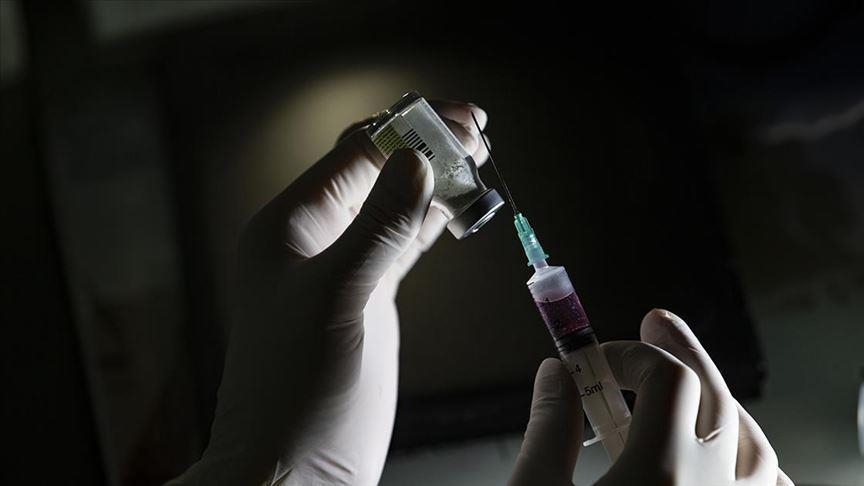Delays projected in poorer nations' access to vaccines
Bilateral deals and India's ban on export of COVID-19 vaccines could delay vaccination in poorer countries

ANKARA
Distribution of COVID-19 vaccines in the 92 least developed countries will not start before late March, health authorities said Tuesday.
While high and middle income countries are already undergoing vaccination, the least developed poor countries have not been able to receive the vaccines, which were supposed to be distributed in the COVAX program's framework for equitable allocation.
World Health Organization (WHO) Director-General Tedros Adhanom Ghebreyesus drew attention to the global inequality in access to vaccines in one of his recent addresses.
"Even as vaccines bring hope to some, they become another brick in the wall of inequality between the world's haves and have-nots," he said.
'World is on the brink of moral failure'
Noting that while 39 million doses have been administered in 49 higher-income countries, only 25 doses have been given in a lowest-income country.
"I need to be blunt: the world is on the brink of a catastrophic moral failure – and the price of this failure will be paid with lives and livelihoods in the world's poorest countries," Ghebreyesus said.
Also criticizing the bilateral deals between richer countries and vaccine manufacturers, he argued that this state of affairs could undermine the COVAX Facility, which aims to ensure equal global access to vaccines.
Bilateral deals
Previously, many developed and developing countries in the EU, South America, Central Asia and Asia-Pacific Rim made deals with manufacturers to purchase hundreds of millions of doses of COVID-19 vaccines. The deals obligate manufacturers to allocate a significant portion of their present and future production to these countries.
As an illustration, AstraZeneca, which aims to manufacture 2 billion doses of vaccine, will allocate only 170 million doses to the COVAX Facility.
India's export ban on vaccine manufacturer
In addition, the Indian government's temporary export ban on the Serum Institute of India, which was supposed to produce at least 1 billion doses of vaccine, played a role in the distribution’s delay. Declaring the vaccination of vulnerable populations in the country, the Indian government temporarily banned the export of COVID-19 vaccines.
Africa's urgent need for vaccines
The WHO announced on Jan. 14 that the unequal distribution of vaccines would hurt Africa the most. Underlining that Africa is presently experiencing a second wave that surpassed the previous one seen in July 2020, the WHO said access to and distribution of vaccines should be equal.
The COVAX Facility
The COVAX Facility was commenced in April 2020 under the auspices of the European Commission and France to ensure all countries' equal access to COVID-19 vaccines. The program, co-led by the GAVI vaccine alliance, the Coalition for Epidemic Preparedness Innovations (CEPI) and the WHO, prioritizes the vaccination of risk groups like senior citizens and people with chronic diseases as well as citizens of poorer countries which do not have adequate health systems to cope with the novel coronavirus.
*Writing by Ahmet Gencturk
Anadolu Agency website contains only a portion of the news stories offered to subscribers in the AA News Broadcasting System (HAS), and in summarized form. Please contact us for subscription options.







